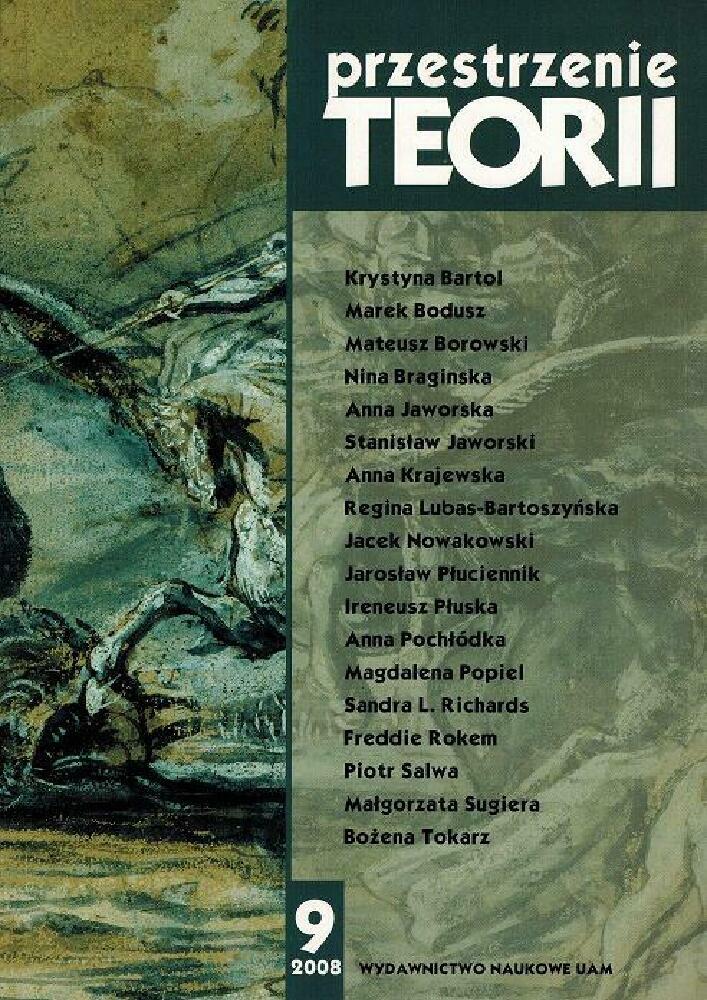Abstract
A point of departure in my article is Francesco Loriggio's brilliant analysis Mind as Dialogue: The Bakhtin Circle and Pragmatist Psychology. My essay stands as a polemics with one of the main theses of Loriggio that dialogics should be divided into just two kinds: novelistic and theatrical one. I propose a more historical approach to the development of dialogics. In different cultural areas various practices and theories may form themselves in divergent ways. Since 1 7,h century, the development of the dialogics traveled from an apocalyptic - and demonizing its opponents - discourse (John Milton's approach in Areopagitica), through dialogics of cooperation of obligations and laws (Polish Socinians, especially Jan Crell), dialogics of deduction (transcendental cooperation in I. Kant), through the dynamic dialogics of induction and creativity (John. S. Mill) to the dynamic fuzzy and multi-valued dialogics of a concept of rationality in R. Rorty or the theory of (un)free speech in S. Fish. Dialogics is not represented merely by two discoursive practices. I postulate existence of at least one medium discourse: deliberative rhetoric.License
Authors
Authors of texts accepted for publication in Przestrzenie Teorii are required to complete, sign and return to the editor's office the Agreement for granting a royalty-free license to works with a commitment to grant a CC sub-license.
Under the agreement, the authors of texts published in Przestrzenie Teorii grant the Adam Mickiewicz University in Poznań a non-exclusive, royalty-free license and authorize the use of Attribution-NonCommercial-NoDerivatives 4.0 International (CC BY-NC-ND 4.0) Creative Commons sub-license.
The authors retain the right to continue the free disposal of the work.
Users
Interested Internet users are entitled to use works published in Przestrzenie Teorii since 2015, for non-commercial purposes only, under the following conditions:
- attribution - obligation to provide, together with the distributed work, information about the authorship, title, source (link to the original work, DOI) and the license itself.
- no derivatives - the work must be preserved in its original form, without the author's consent it is not possible to distribute the modified work, such as translations, publications, etc.
Copyrights are reserved for all texts published before 2015.
Miscellaneous
Adam Mickiewicz University in Poznań retains the right to magazines as a whole (layout, graphic form, title, cover design, logo etc.).
